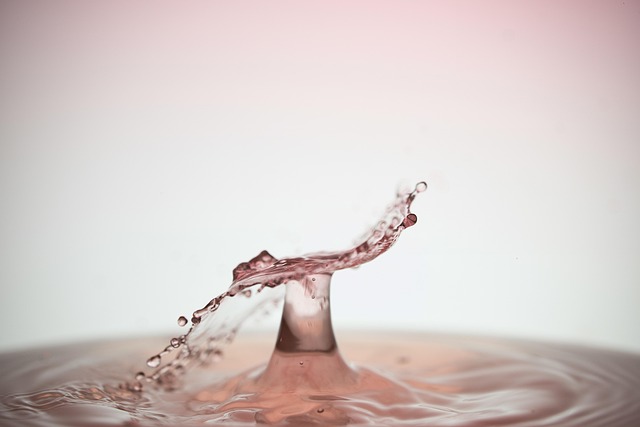The Essential Guide to Maintaining Fluid Balance for Optimal Hydration
We’ve all experienced it—the sudden fatigue, the dry mouth, or the headache that sneaks up on us unexpectedly. These feelings often stem from a common but overlooked factor: an imbalance in our fluid balance. Maintaining proper hydration goes far beyond just drinking water; it’s about achieving a delicate equilibrium that fuels our body’s performance, energy levels, and overall wellbeing.
Understanding Fluid Balance: More Than Just Water
Fluid balance refers to the harmonious state where the amount of fluid entering your body matches the amount leaving it. Every cell in your body relies on this balance to function optimally. When this balance tips, whether due to dehydration or fluid overload, it disrupts vital processes such as nutrient transport, temperature regulation, and waste elimination.
Imagine your body as a finely tuned orchestra. Each instrument—your kidneys, blood vessels, hormones—must maintain perfect timing to keep the rhythm of hydration steady. Disruptions in fluid balance can lead to the discord of fatigue, muscle cramps, dizziness, and more.
Recognizing Your Body’s Signals
Often, our body’s subtle signals whisper before they scream. Mild thirst, dark-colored urine, or slight dizziness may seem trivial but are early indicators of fluid imbalance. On the flip side, swelling or irregular heartbeat can hint at too much fluid retention. Tuning in to these signs helps you act before discomfort or health risks intensify.
Practical Tips to Maintain Your Fluid Balance Daily
- Listen to Your Thirst: Your body’s thirst mechanism is the first line of defense; don’t ignore it.
- Choose Fluids Wisely: Water is king, but electrolyte-rich drinks can be beneficial during intense exercise or heat exposure.
- Monitor Your Environment: Hot or dry climates increase fluid loss, requiring more active hydration strategies.
- Balance Food Intake: Fruits and vegetables with high water content, like cucumbers and watermelons, support hydration.
- Avoid Excess Caffeine and Alcohol: These can increase fluid loss and disrupt balance.
Enhancing Fluid Balance During Physical Activity
When you sweat, your body loses not only water but electrolytes like sodium and potassium. Replenishing these is key. Drinking water intermittently during exercise helps, but incorporating sports drinks or foods that restore electrolytes can be a game changer for endurance and recovery.
The Emotional Connection to Hydration
Beyond the physical benefits, maintaining fluid balance influences our mental clarity, mood, and energy. Feeling sluggish or foggy might be as simple as a hydration issue. Tuning into your body’s needs nurtures a deeper sense of awareness and self-care, reminding us that we are intimately connected to the simplest of elements—water.
In the journey toward optimal health, fluid balance isn’t just a biological necessity—it’s a daily practice of mindfulness and respect for what your body truly needs.



